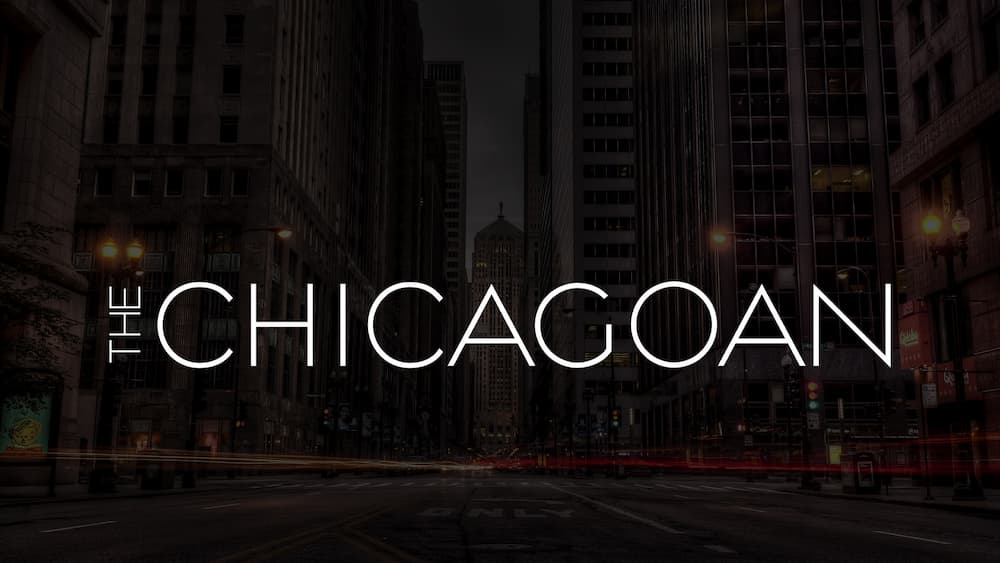Addictions often come with obvious red flags, but some slip under the radar because they’re not only socially accepted — they’re celebrated. Workaholism and perfectionism fit into that category. They’re rarely treated as spiritual issues. Instead, they’re framed as ambition, discipline, or admirable drive. Modern culture applauds people who never stop working, who push past their limits, who refuse to rest. But not everything that earns applause earns approval from God. Some addictions hide behind praise.
Unlike gambling or substance abuse, these addictions masquerade as virtues. They look productive. They look responsible. They look like the way to secure your future, earn respect, or justify your existence. But beneath the surface, workaholism and perfectionism can quietly choke the soul. They form patterns that wound your mental health, drain your emotional resilience, and obscure your spiritual identity. They may not unravel your life overnight, but they erode you slowly — and often spiritually first.
Scripture shows us that the human heart is designed for rest, rhythm, and relationship with God — not endless striving. The Sabbath wasn’t merely a day off; it was a weekly reminder that we are not God, that rest is holy, and that identity is not earned. When work becomes a master rather than a gift, the soul bends under the weight of false expectations.
Modern neuroscience echoes what Scripture has long revealed: addiction doesn’t start with the substance, it starts with the reward. The brain’s response to workaholism and perfectionism parallels its response to traditional addictions. Each time you meet a deadline, overperform, or receive praise, your brain releases dopamine — the very same chemical that fuels more obvious addictive patterns. This neurochemical reward reinforces the cycle, binding you not just to the work, but to the feeling of being indispensable, admired, or flawless.
This is where the spiritual dimension becomes even clearer. Addictions that are culturally accepted are often the most spiritually dangerous because they hide their chains in plain sight. Society praises the very behaviors that keep you enslaved. People applaud those who work impossible hours. They admire those who never show weakness or stop pushing. This external validation becomes a counterfeit form of affirmation — a quick, addictive hit that replaces the deeper, slower, eternal affirmation that comes from knowing who you are in Christ.
The danger is that the cycle starts shaping your identity. When your worth becomes tied to productivity, perfection, or performance, then slowing down feels like failure. Making a mistake feels like a threat. Saying “no” feels like self-betrayal. You begin to measure yourself by output rather than by the truth God speaks over you. But Scripture warns: “What will it profit a man if he gains the whole world yet forfeits his soul?” Workaholism and perfectionism may gain you earthly success — but they can slowly cost you your spiritual breath.
When identity is misplaced, achievement becomes an idol. Productivity becomes a refuge. Perfection becomes a savior. But idols always demand more than they give. They consume your peace, your relationships, your rest, your clarity, and finally, your joy. They whisper, “Just one more hour. Just one more milestone. Just one more flawless performance.” But there’s always another one waiting.
To break free, you have to reclaim your identity. Your worth isn’t defined by how many hours you work, how much you produce, how perfect you appear, or how much praise you receive. You are a child of God — loved, chosen, redeemed, and called apart from your performance. Your identity is anchored in Christ’s sufficiency, not your own. Scripture doesn’t say, “Be perfect,” in the modern sense; it says, “Be whole,” made complete in Him.
Separating your value from your accomplishments is the first step toward healing. Discipleship requires surrender — not to burnout, but to the truth. It means letting God define who you are and letting His voice override the noise of accomplishment. It means allowing yourself to rest without guilt, to create without self-punishment, and to embrace imperfection as part of being human. Grace, not perfection, is the environment where you grow.
It’s also essential to pay attention to the internal cues that often go unnoticed. When you feel the urge to overwork or obsess over details, ask yourself:
What am I afraid of?
What am I trying to prove?
Who am I trying to impress?
What part of me is seeking validation?
Often, these addictions sprout from fear — fear of failure, rejection, insignificance, or loss of control. Scripture speaks to that fear head-on: “Perfect love casts out fear.” God’s love doesn’t pressure you; it frees you. It doesn’t demand endless striving; it calls you to rest. It doesn’t shame your limits; it honors them.
Creating healthier habits requires intentionality, wisdom, and humility. Set boundaries around work. Give yourself permission to stop. Let “good enough” be enough when excellence becomes obsession. Remember that even Jesus rested. Even God rested. Rest isn’t weakness — it’s obedience.
Surround yourself with supportive people who can speak truth into your blind spots. Confess your struggles to trusted friends or mentors who know how to lift your eyes when you’re slipping back into old patterns. Community breaks the isolation that addictions depend on.
Workaholism and perfectionism might look noble, even admirable, but they can cost you the very peace Jesus died to give you. They promise fulfillment but deliver exhaustion. They promise applause but produce emptiness. They promise control but leave you chained.
Choosing balance — choosing rest — choosing imperfection — isn’t laziness. It’s spiritual warfare. It’s choosing to trust God more than your own effort. It’s choosing identity over achievement, relationship over reputation, presence over performance.
And the rewards of letting go may not come with applause, but they come with something infinitely better: the peace that surpasses understanding. The peace that doesn’t depend on doing more, but on belonging to the One who has already done everything.
In the end, freedom from these subtle addictions isn’t just about working less or trying less. It’s about rediscovering the truth:
You don’t earn your worth.
You don’t secure your identity.
You don’t save yourself.
Christ does.
And in Him, you’re already enough.






